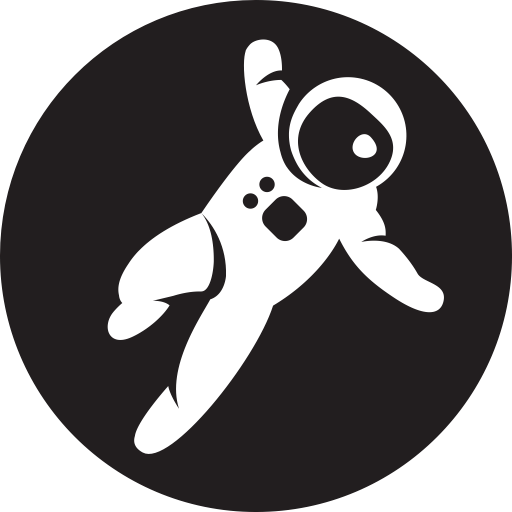What is a CMS?
A CMS, or content management system, is a kind of software program that enables users to create and maintain websites without having to write them from scratch or having any prior knowledge of coding.
A content management system (CMS) enables you to create, edit, revise, and publish information using a drag and drop user interface. Rather of writing code, you may change the style and functionality of your site by downloading or buying templates and plugins. Multiple users may operate in the same tool’s back-end — and much more.
CMS website are seo-friendly meaning the implementation of SEO on-page activities are easy, meaning it can carried out without help of a developer.
Our Expertise
- Custom Template Design
- Plugin Development & Customisation
- Automation
- eCommerce Integration
- Digital Marketing
Benefits Of Using a CMS
Non-Technical Friendly
CMS is a great way to get started with web publishing. It's easy to use, and it's free! You can write and publish content, and even add media like images and videos. CMS is a great way to get started with web publishing. It's easy to use, and it's free! You can write and publish content, and even add media like images and videos.
Multiple Users
CMS is a content management system that allows you to manage your website without having to know how to code. It's easy to use and can be customized for your needs. With CMS, you can create pages, blog posts, and more with just a few clicks. The management of roles and publishing rights for all of these users is made simple by a CMS, ensuring that only those you approve may publish information and that it only goes live when you're ready.
Simplified Scheduling
In relation to that, any good CMS will provide you with a quick overview of every piece of content's status, including whether it is live, under review, or in the draft stage. That holds true for all website pages, not just blog posts and product pages. It enables you to delegate tasks and monitor their completion. Additionally, it's simple to incorporate prepared content into your marketing strategy so that everyone is aware of what's going on when.
Enhanced Workflow
Need to make a modification to your website? Without a CMS, this could mean going through hundreds of pages and making changes to each one individually. Because the basic architecture of a CMS remains constant, you may add features, update the CMS software, and perform maintenance changes without the site failing. In fact, it might automatically stay current with the correct CMS.
Easy Changes To Design
A CMS streamlines the process of changing the site's design. As a result, you may make design changes while still maintaining the functionality of the site because the information and design are contained in distinct virtual boxes. Making changes in your administrative dashboard and having them automatically propagate to the entire site is another benefit. This improves branding and offers your website a unified look. Additionally, it makes it simple to change your site's mobile experience.
Easier Content Management
Although it may seem clear, some firms view content management as more than just the ability to publish information and remove it when it becomes outdated. Even before the holiday season is over, you should alter and remove any Thanksgiving or Christmas promotions that are currently in effect. This is easy to do with a CMS because all menus and links refresh automatically to ensure that your clients continue to enjoy using the site. Additionally, the CMS can be set up to permit the inclusion of customizable content like countdown calendars and lists. Additionally, a decent CMS will incorporate SEO to guarantee that your content ranks highly in search results.
You are in charge
With a CMS, you are in charge instead of being dependent on an outside vendor. You can assign tasks and roles and monitor progress whenever you want. As a result, you are now in control of this crucial business tool. -Create a table for our process
Our Process
Digilogue Web and Digital Agency relies on a team of experts with a lot of expertise and experience. It’s our goal to develop long-term connections and help customers through each step to get the greatest possible outcome for them.
Discovery
The first step in delivering a project is defining its goal and assessing requirements. Project scope, specifications, web development implications, timescale, expenses and feasibility are all assessed at this stage, and this is where the client has the most involvement.
Design
The design stage is focused on the end-user, and is critical for later stages. The end-user's profile, needs and expectations are noted. All elements of the end-product must be tailored to this information to ensure a website is relevant and usable. This is how we can define a successful project.
Development
Our developers build a product from the design in stages to ensure safety and predictability when the project is complete. Testing environments are used to produce a robust website for all possible use cases.
QA
Building appropriate test cases at the end of the project development cycle is crucial. We assure that all standards are met and that no issues are neglected. Clients are given access to the project on private staging environments for approval before live deployment.
Deployment
This is when the project goes live, into the wild, for all of the end-users to see. At this point, any technical issues would have been resolved (as per the original design), due to the staging environment being near-identical to the production environment.
Support
Efficient maintenance keeps your software reliable and versatile, allowing you to add new features and enhance old ones. We assist you improve your project's performance by providing additional capabilities to performance management.





